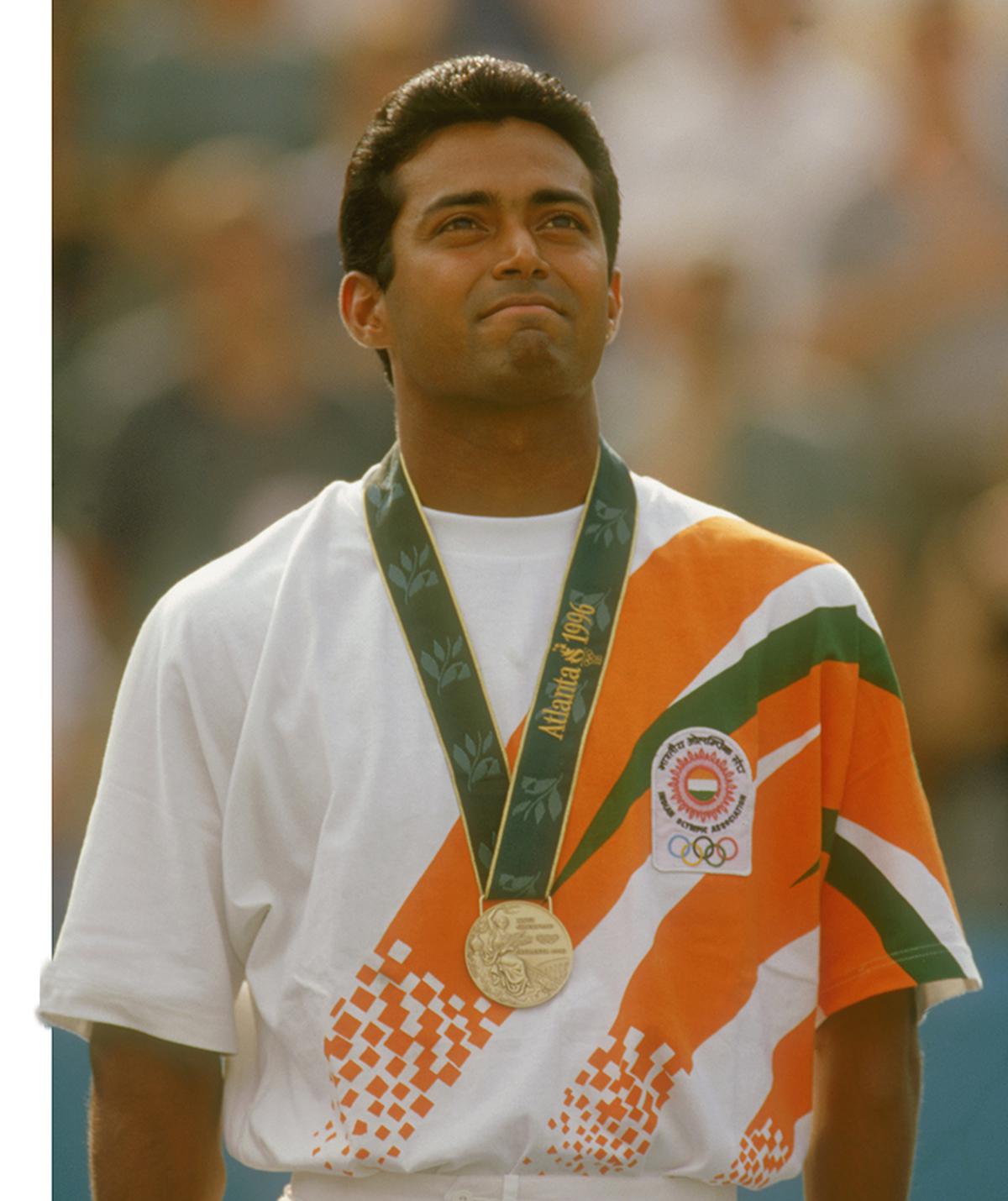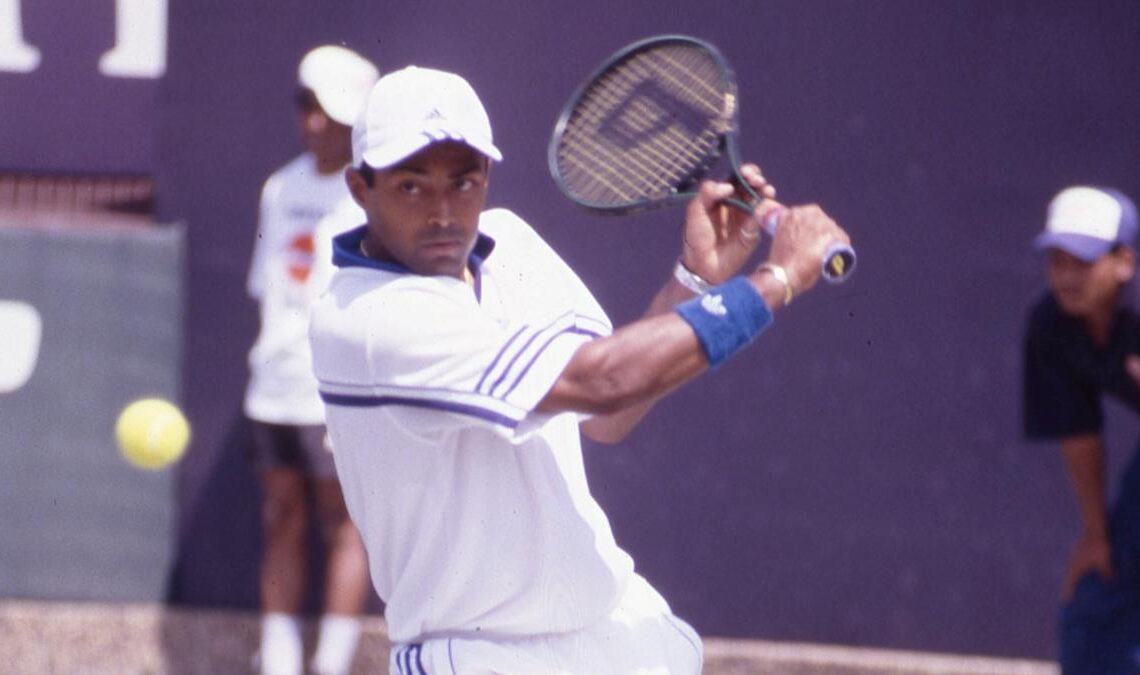For more than two-and-a-half decades of his playing career, Leander Paes resembled a quintessential showman. He basked in the spotlight, brought emotion and theatre to the court as he sprinted between lines, dived full length to put racquet to ball, chest-bumped his partners and high-fived fans.
However, unlike many a showman, Leander doesn’t have an asterisk next to his name. His tale is not one of “wasted potential”, a rather pejorative term used to describe the likes of Nick Kyrgios, who is a Major doubles champion and a Wimbledon singles finalist no less. Within Leander’s pint-sized frame of 5’10” – small by modern-day tennis standards – rested a genius tennis player, winner of 18 Grand Slam titles (eight in doubles, 10 in mixed doubles), 54 career doubles titles, a record 45 Davis Cup doubles victories and an individual singles Olympic medal.
The Indian tennis legend turned 50 on Saturday, and until March 2020 when COVID-19 hit, he had his eyes set on an eighth Olympic appearance, in Tokyo, and had also branded the months leading into the showpiece event as “One Last Roar”, with custom-made T-shirts and a video-camera in tow. In late 2021, he even made an entry into the political arena in Goa, but not much came of it. But he remains in the limelight, having never retired officially and keeping his political cards close to his chest. Like most showmen, he writes his own rules.
Leander’s stock was largely built through his exploits in the mid to late 1990s, which continued well into the second decade of the millennium. It was a time when a newly liberalised India was having its first brush with the cut-throat professionalisation of sport and it was up to Leander, along with Sachin Tendulkar and Viswanathan Anand, to show that Indian sport could stand shoulder to shoulder with the rest of the world.
The bronze medal at the 1996 Atlanta Olympics, where he beat Brazil’s Fernando Meligeni from being a set down in the playoff, was a symbol of this, for he was the first individual medallist from India since K.D. Jadhav secured third place in wrestling at the 1952 Helsinki Games.

Leander Paes stands on the podium after winning a bronze medal in the men’s singles tennis event at the 1996 Summer Olympic Games in Atlanta.
| Photo Credit:
Getty Images
Unmatched zeal
He played Davis Cup for India with unmatched zeal, criss-crossing continents, adapting to varied conditions and time-zones. Back then, singles and doubles matches in the…
Click Here to Read the Full Original Article at | The Hindu…

